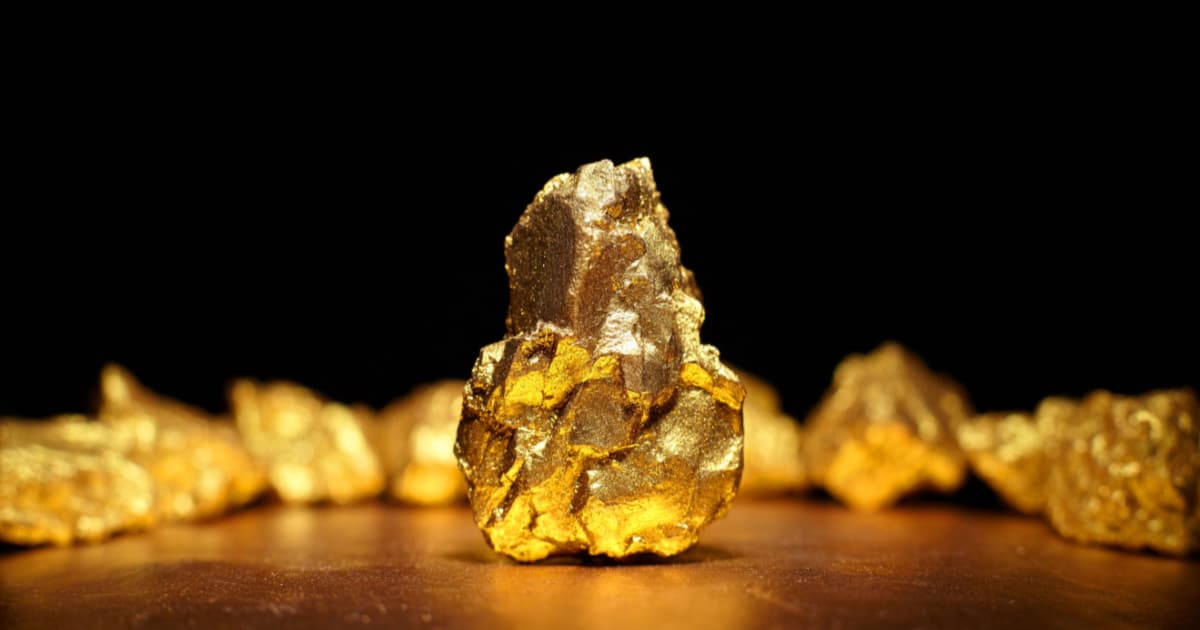Major tech companies including Apple are reportedly buying gold illegally mined from Brazilian indigenous lands in the Amazon rainforest. Reports say that these companies used the illegally mined gold in the manufacturing of electronic devices.
Tech Giants Used Gold Illegally Mined from Amazon Rainforest
According to the local Brazilian newspaper Repórter Brasil, Apple, Amazon, Google, and Microsoft used gold illegally mined from Brazilian indigenous lands in the Amazon rainforest. Both Apple and Microsoft used the gold for manufacturing smartphones and computers, while Amazon and Google used it for servers.
The report cited documents confirming the purchase of gold from the Chimet and Marsam refineries between 2020 and 2021. The report said that Brazilian Federal Police have been investigating both refineries for illegal extraction of natural resources. Authorities also charged the refineries with environmental damage.
Brazil Prohibits Extraction of Natural Resources from Indigenous Lands
Brazil prohibits the extraction of natural resources on indigenous lands since it causes deforestation of the Amazon forest. It also contaminates Brazilian rivers with mercury. Additionally, illegal mining of natural resources can finance organized crime. Armed attacks against indigenous people who oppose the illegal extraction of natural resources have grown considerably in recent years. So, the government prohibits this activity, but illegal mining companies still manage to evade the law. These companies continue to extract gold illegally mined from indigenous lands and sell it to companies abroad.
Apple Says It Stopped Buying Gold to Use in the Manufacturing Process
The two previously mentioned Brazilian refineries are currently under investigation. However, since both companies were previously certified in the United States and Europe, their illegal activities continue. Meanwhile, tech companies who reportedly bought gold from the refineries argue that they’ve used only clean materials in their manufacturing process.
When asked for comment about the issue, Apple responded by saying that it had already stopped buying gold from Marsam. However, the company did not mention Chimet. Ironically, Apple has a strong stand on protecting the environment. In a document submitted to the U.S. Securities and Exchange Commission, the company said it “works to protect the environment and to safeguard the well-being of the millions of people touched by our supply chain from the mining level to the facilities where products are assembled.

Did Apple and other customers knowingly buy illegally refined gold? There are licensed gold mines in Brazil selling to Chimet and Marsam.
That’s the question of the day, isn’t it? Ultimately, we can’t know for certain. What we do know is that Apple became aware of the Marsam controversy and ended its relationship, but said nothing about Chimet. We also know that Apple really should have known it was possible it was receiving gold from the illegal mining operations and acted to prevent even the suspicion.
No DNA of course in a metal, but can the source of the ore be identified say from a crystalline structure or something?
Apple and others may have specified legal sources, but the refiners slipped in the illegal stuff. Or perhaps the big business purchasers didn’t care where it came from.
Not being trained as a geologist, I couldn’t tell you. Then again, I wouldn’t be surprised if forensic scientists could harbor a guess based on other trace elements. I would imagine such testing would be prohibitively expensive, though.
@Lee:
You can identify the geographical location of gemstones, and you can identify the original deposit for gold ore. However, as there is only one gold isotope, there is no simple way to identify its origin. One can certainly look at alloy impurities, and determine a general origin. Our local jeweller in the US was able, for example, to tell that my wife’s gold earring backings came from South Asia by analysing the alloy, but as for the gold itself, not so far as I am aware.